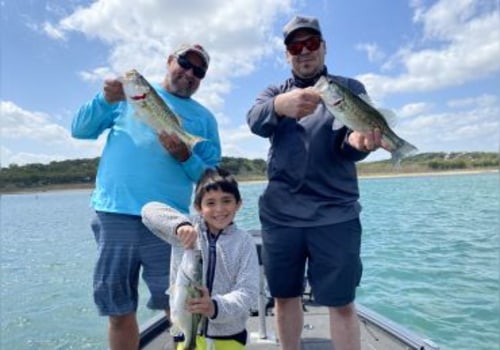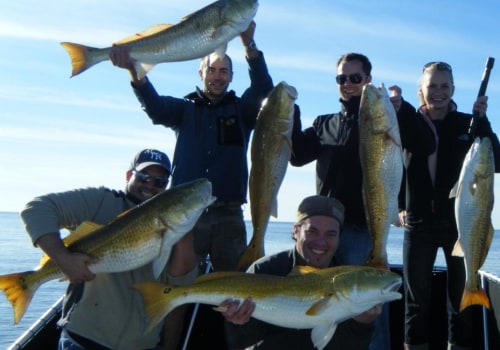Recreational fishing is often seen as a harmless pastime, but the truth is that it can have a devastating impact on marine life. New research has revealed that recreational fishing can be particularly damaging to threatened species of fish. Studies have shown that fish are capable of feeling pain and suffering, and that catch-and-release fishing can cause them to die of shock. In addition, recreational fishing can lead to overfishing, marine debris, and fish mortality.
It can also cause pollution and habitat destruction. The biggest impact of recreational fishing is on marine debris. Fishing gear such as nets and hooks are responsible for billions of fish deaths every year. Some of these deaths are intentional, as fishermen target certain species for human consumption.
Others are unintentional, as fish become entangled in nets or hooked by accident. The overfishing caused by recreational fishing can also have a devastating effect on marine life. When large numbers of fish are removed from the ocean, it can disrupt the delicate balance of the ecosystem. This can lead to a decrease in biodiversity and an increase in the number of invasive species.
In addition, recreational fishing can cause fish mortality. Studies have shown that when fish are caught and then released back into the water, they often suffer from severe physiological stress. This can lead to death due to shock or other injuries sustained while being caught. Even if the fish survive, they may suffer from impaired vision or difficulty eating due to the hooks going through their mouths and throats. Finally, recreational fishing can also lead to pollution and habitat destruction.
Gas and oil leaks from vessels can pollute waterways, while improper anchoring can damage shorelines. The lead used in many common fishing sinkers can also damage wildlife. In addition, catch-and-release fishing can cause a great deal of stress to fish, which can have a lasting impact on their populations. It is clear that recreational fishing has a significant impact on marine life. Governments must take steps to ensure that fishing regulations are enforced and that anglers are aware of the potential harm they may be causing.
In addition, anglers should take steps to reduce their impact on the environment by using sustainable gear and practicing catch-and-release responsibly.








